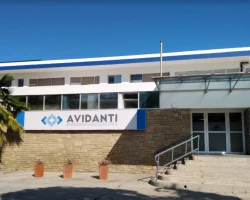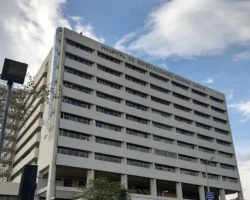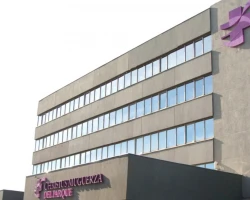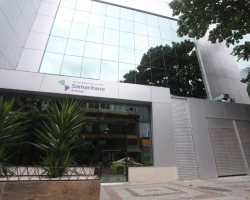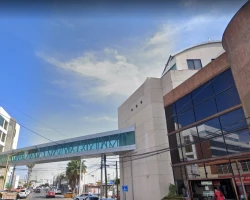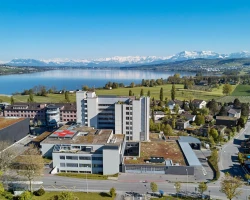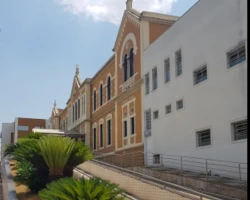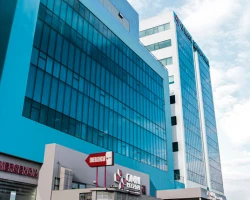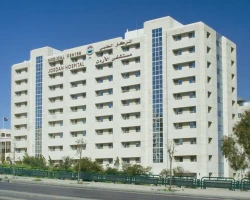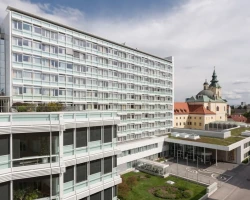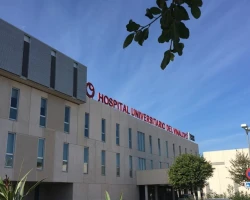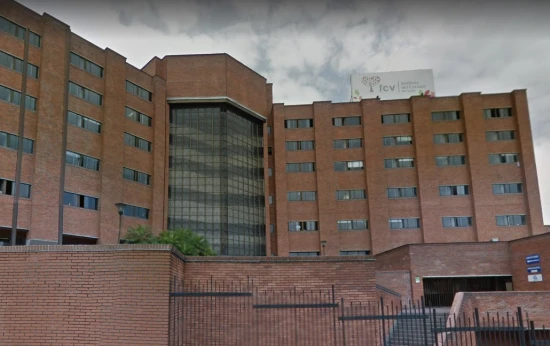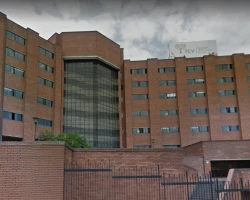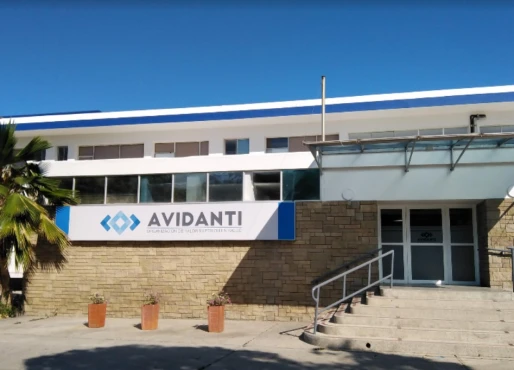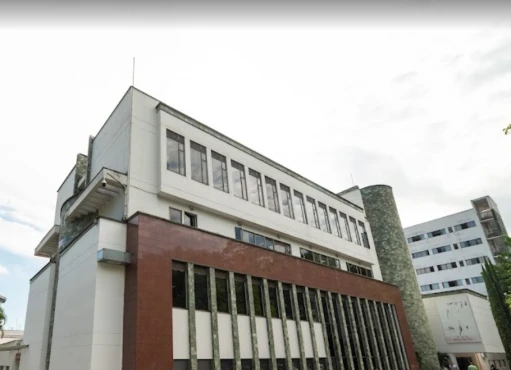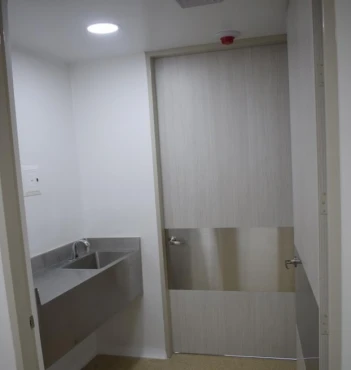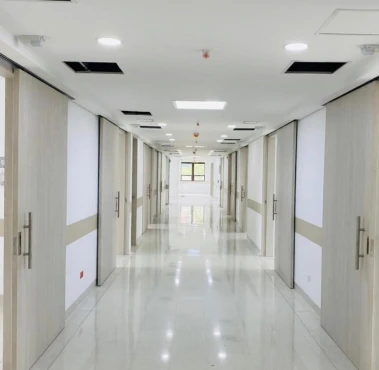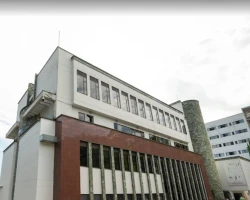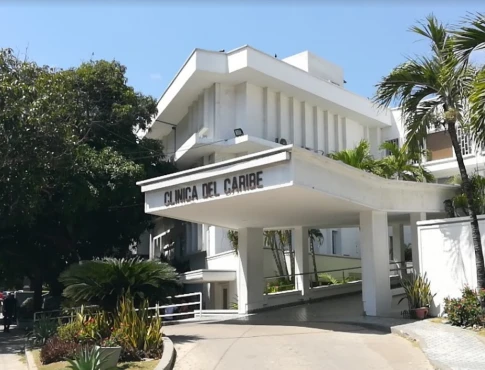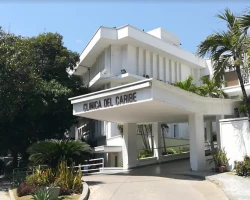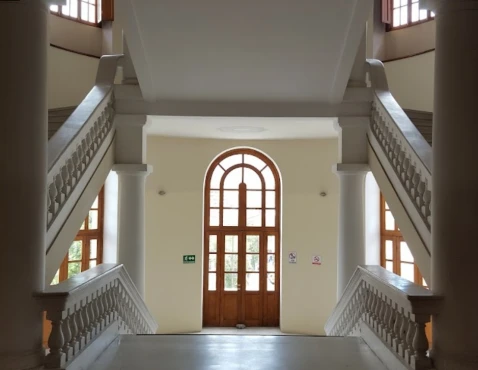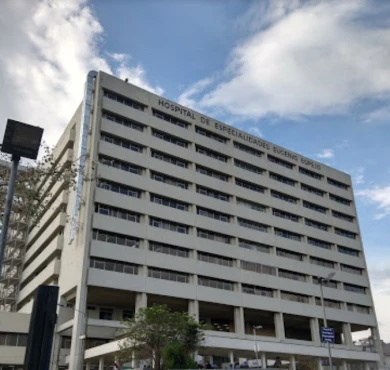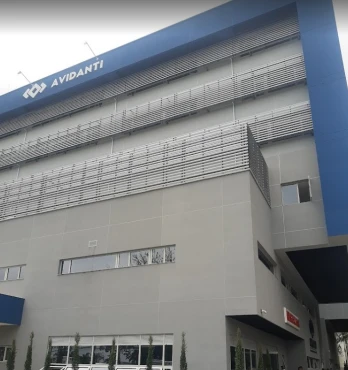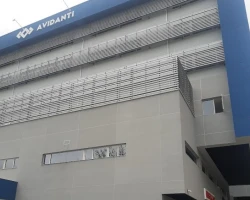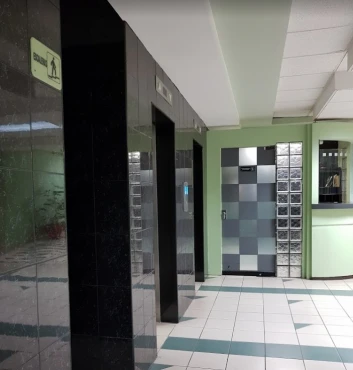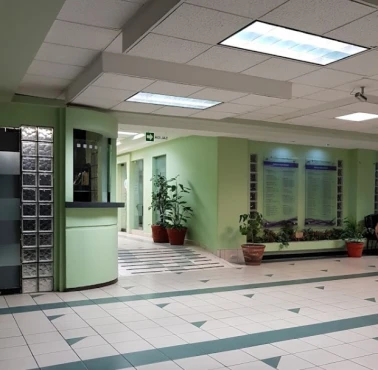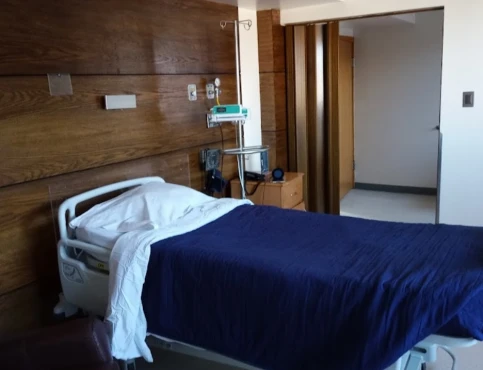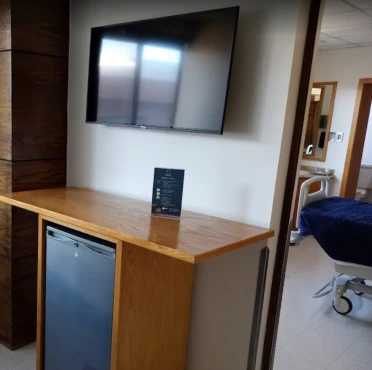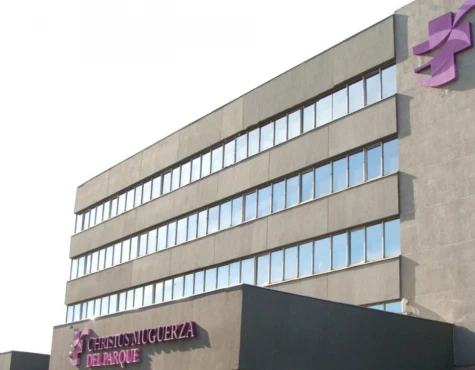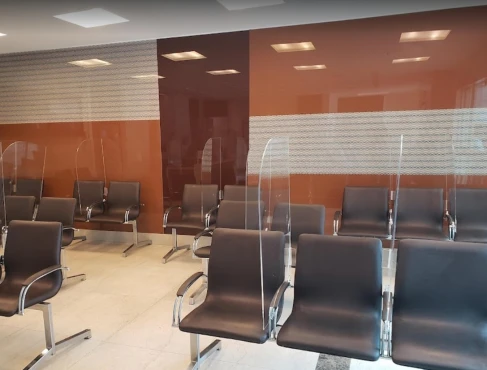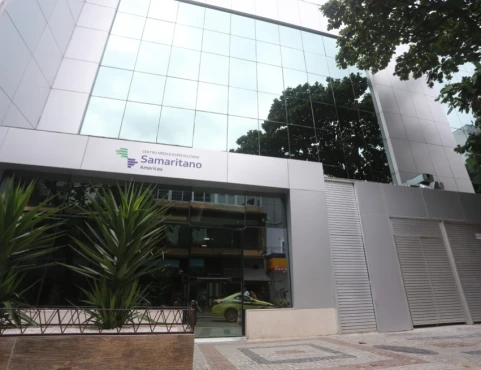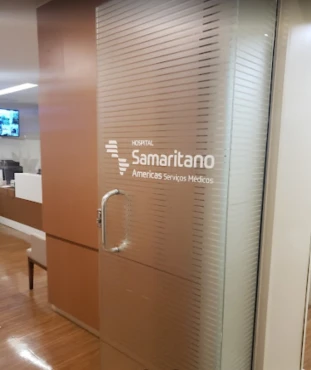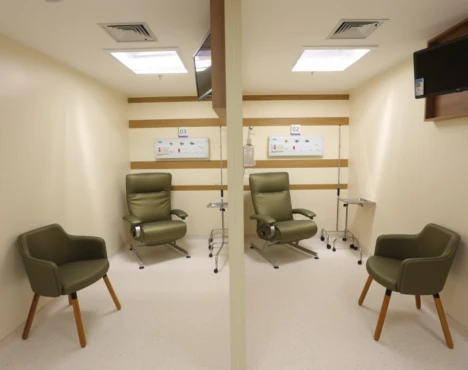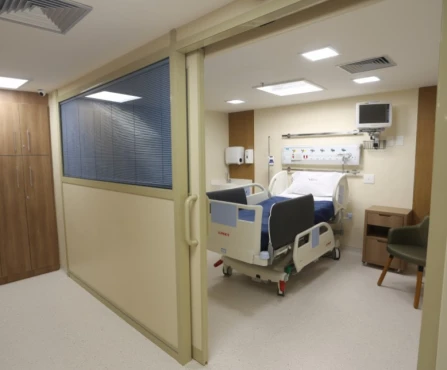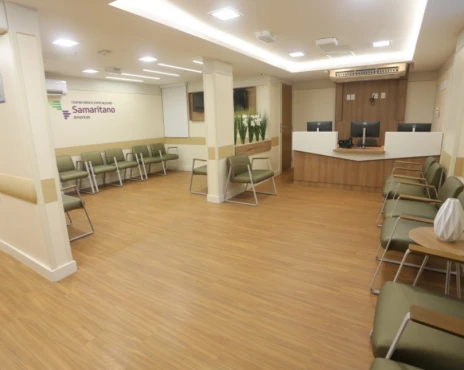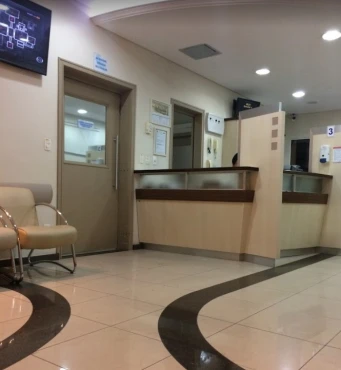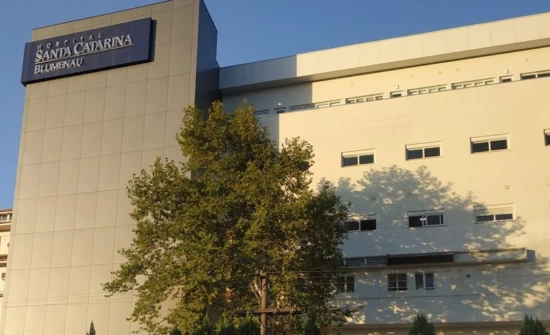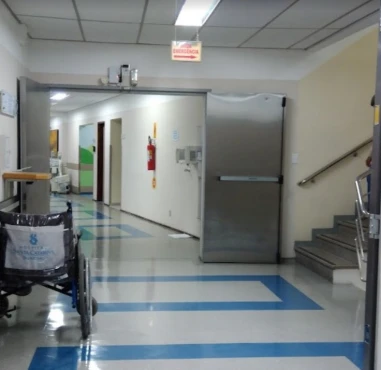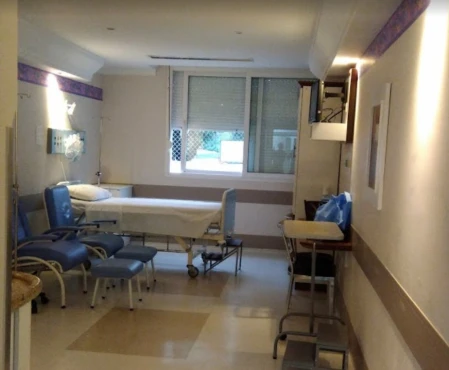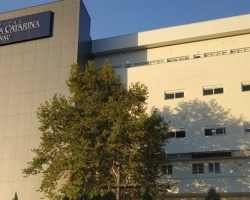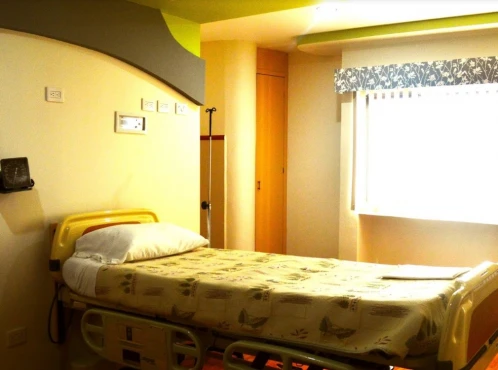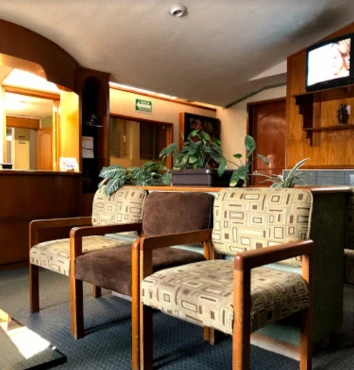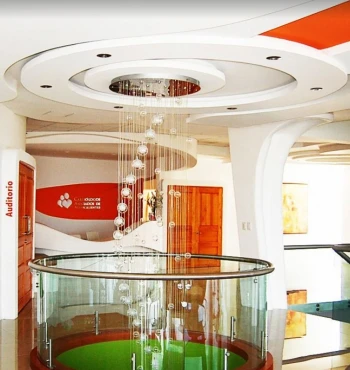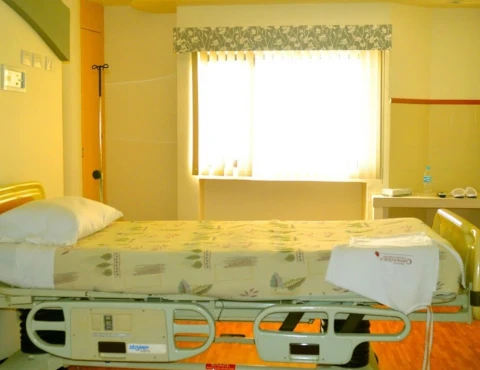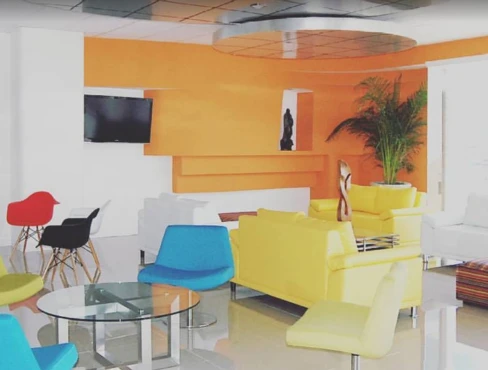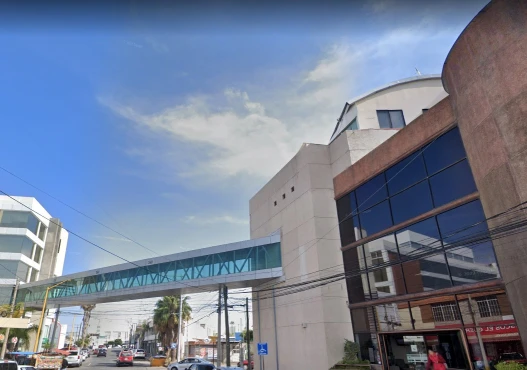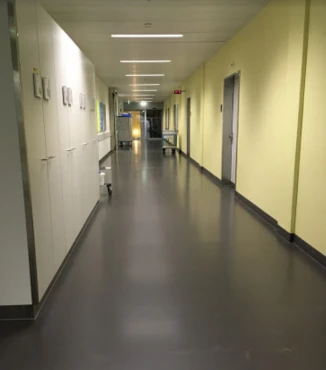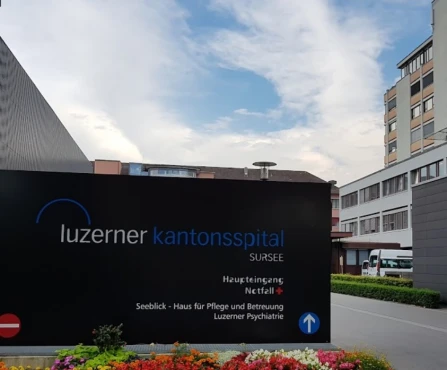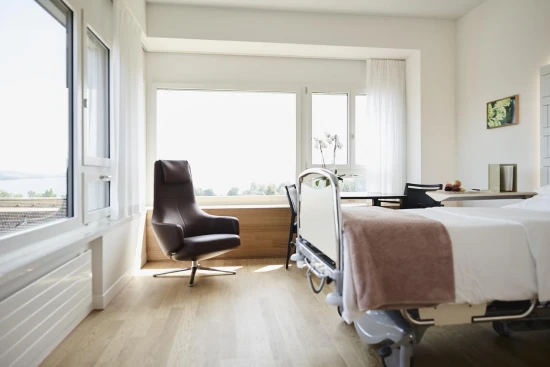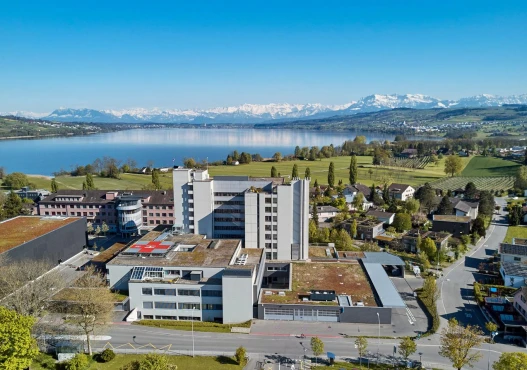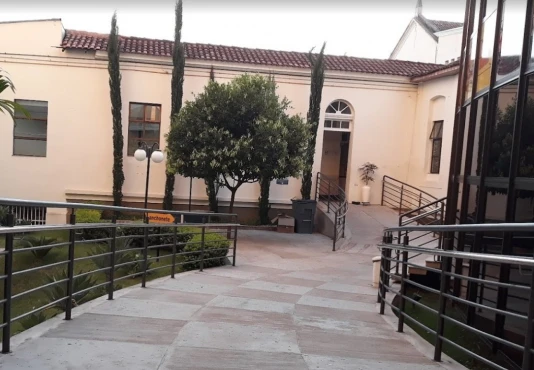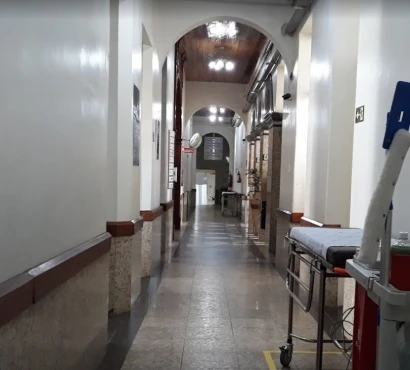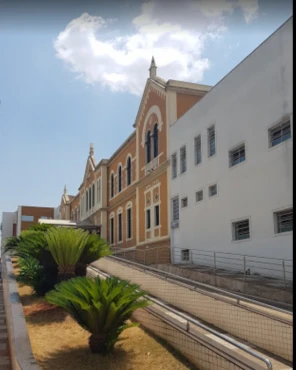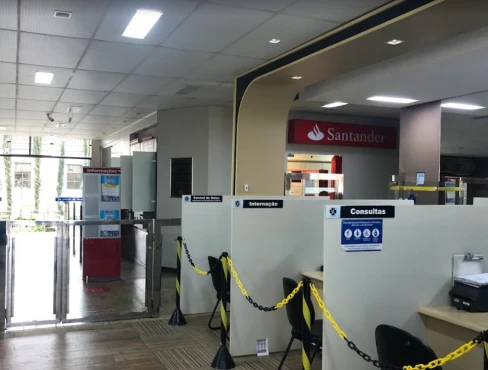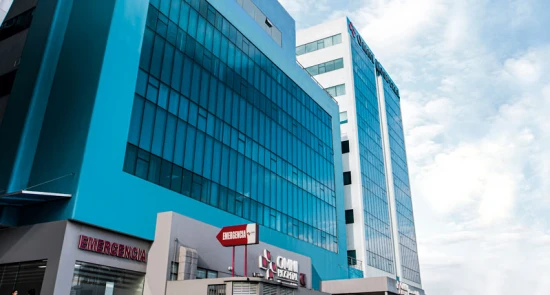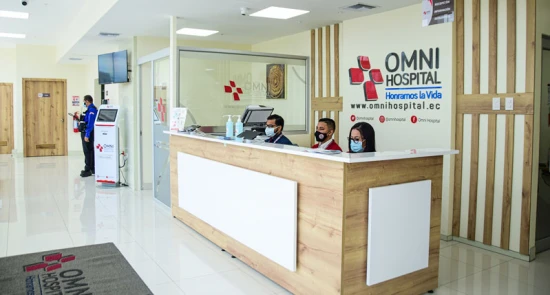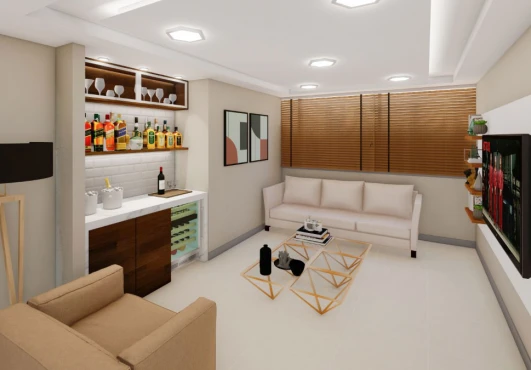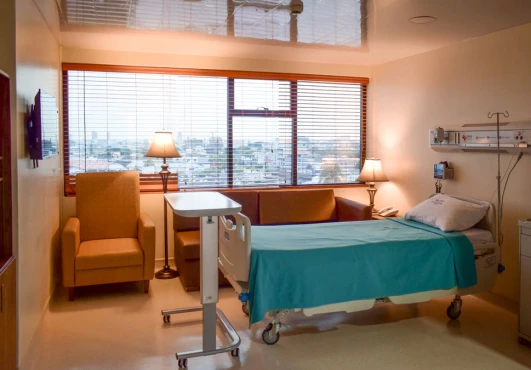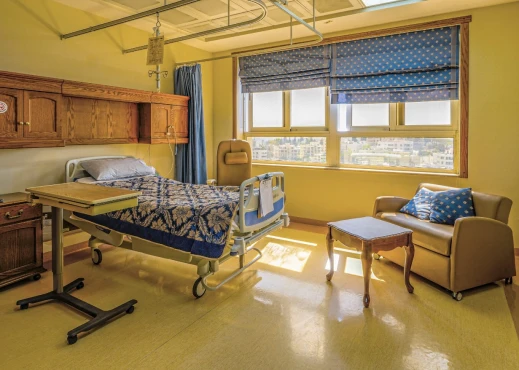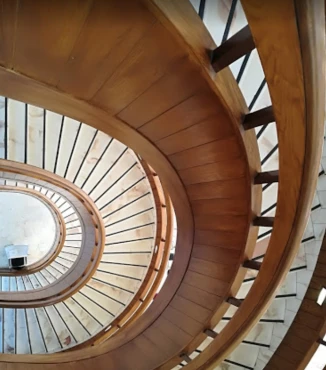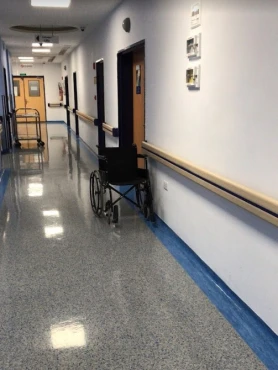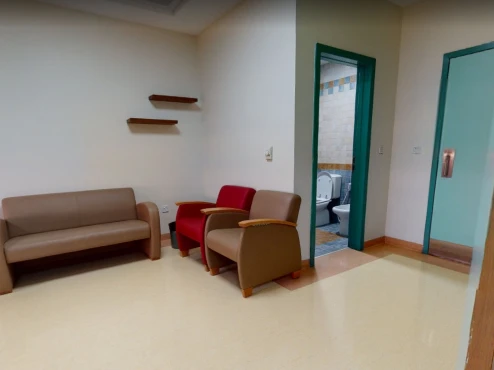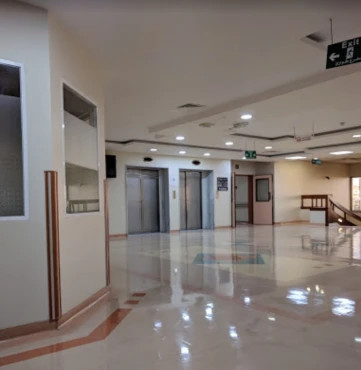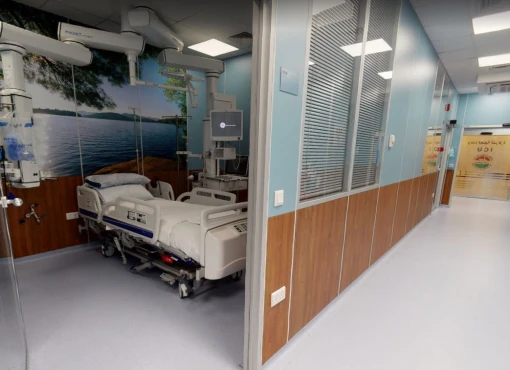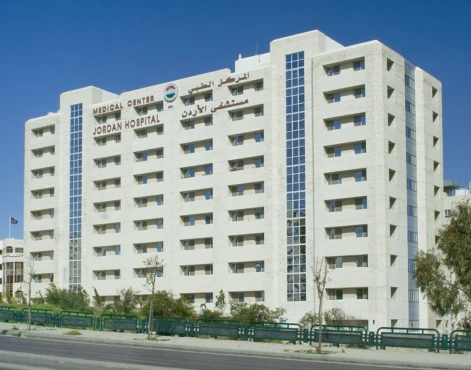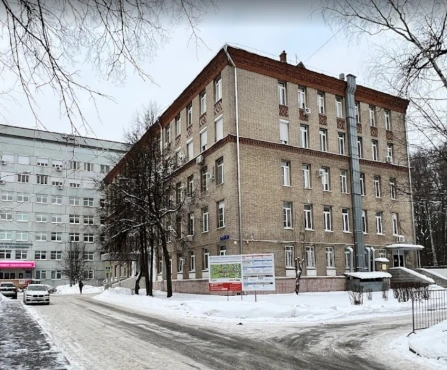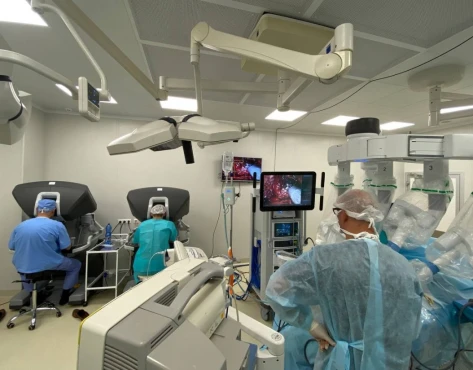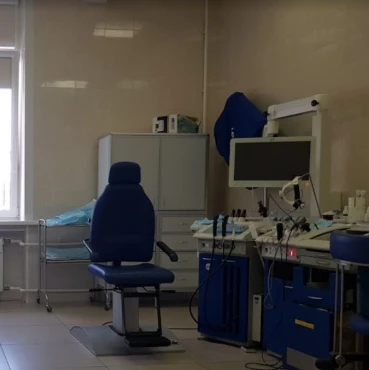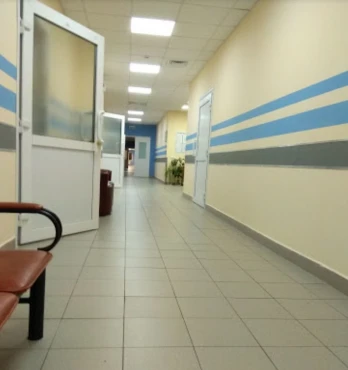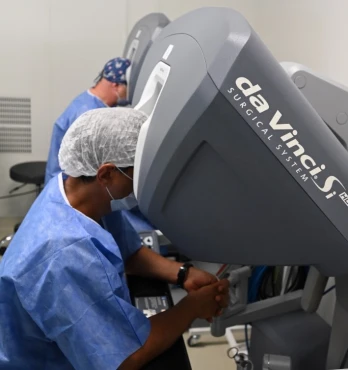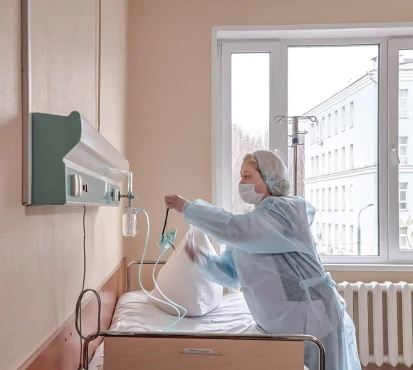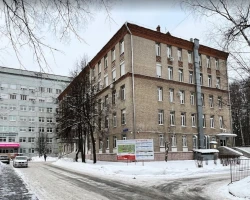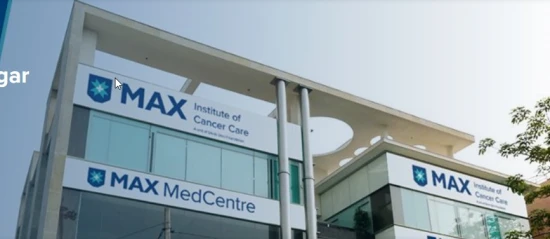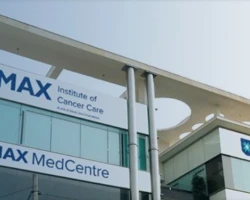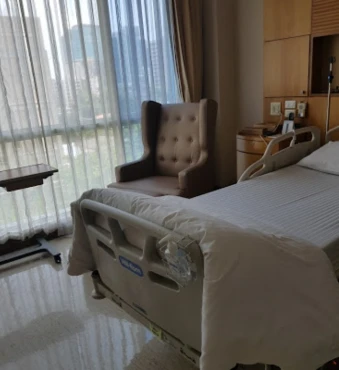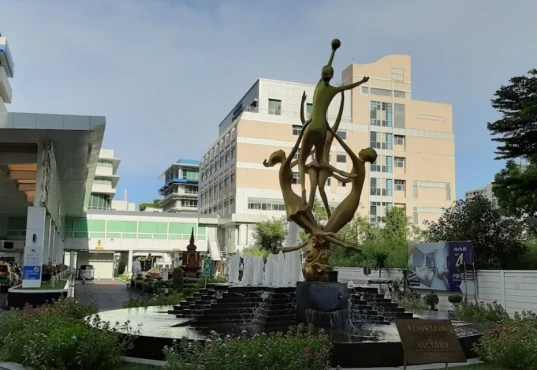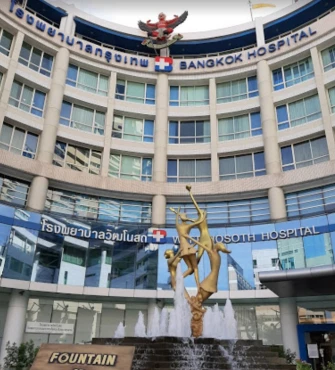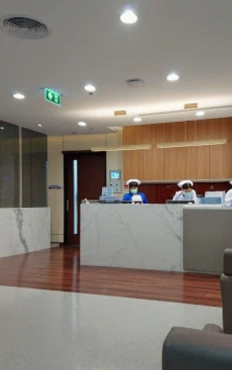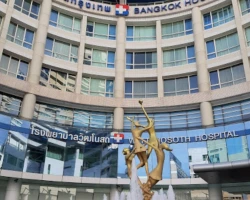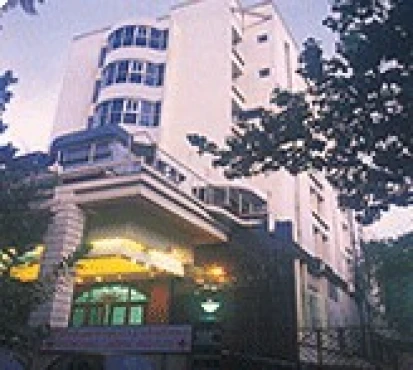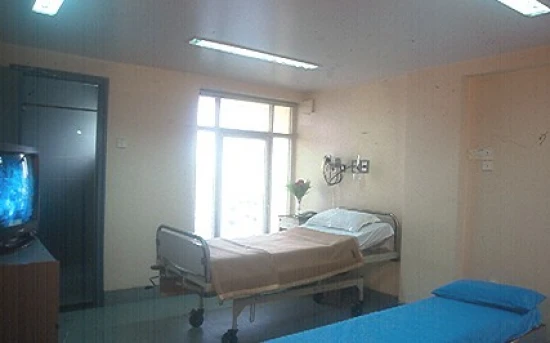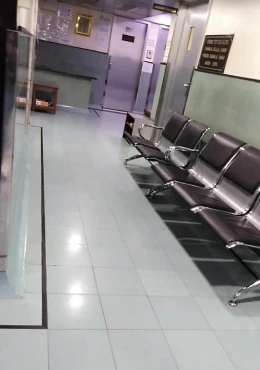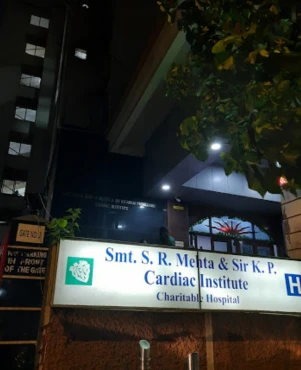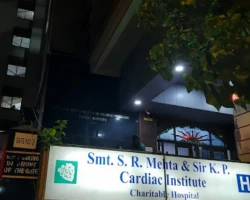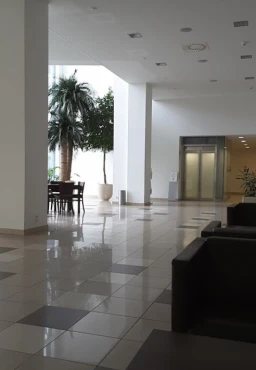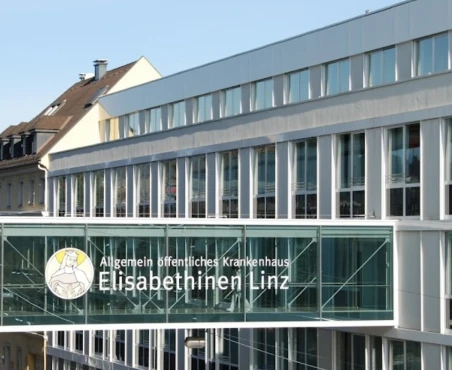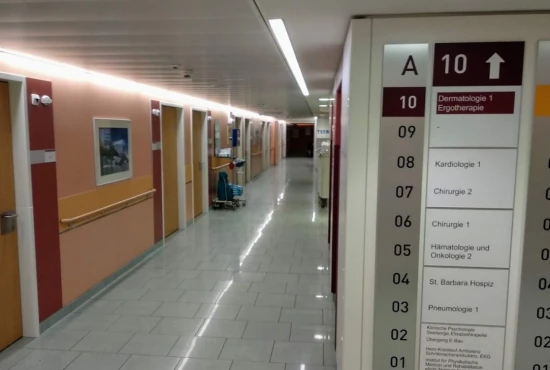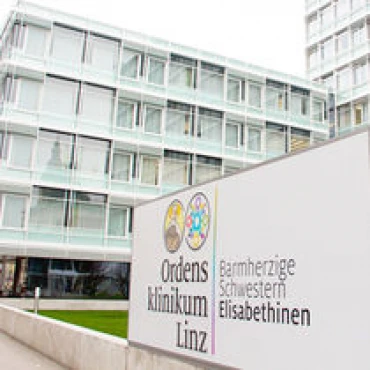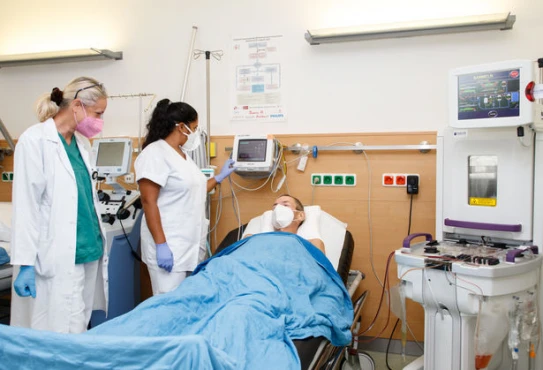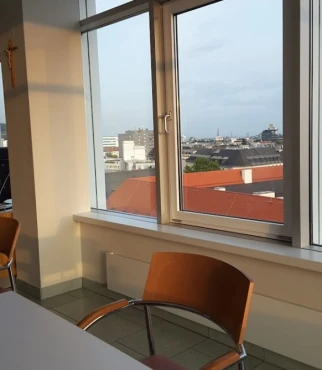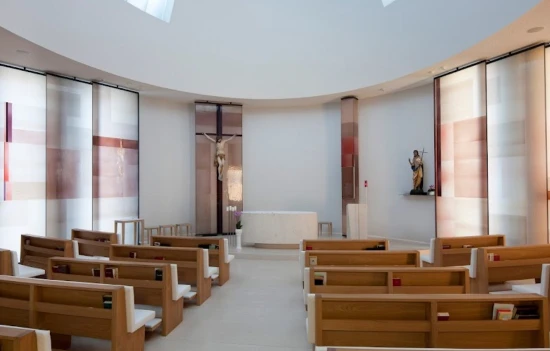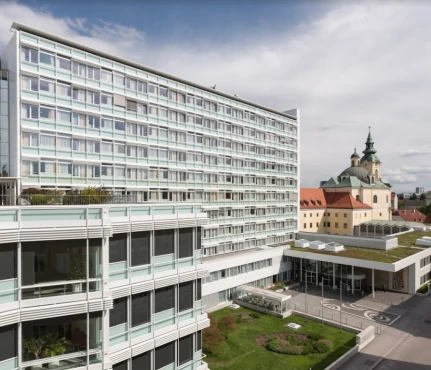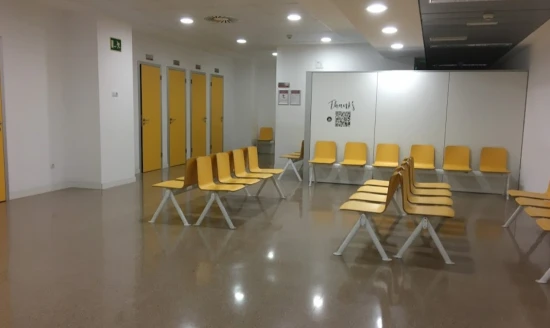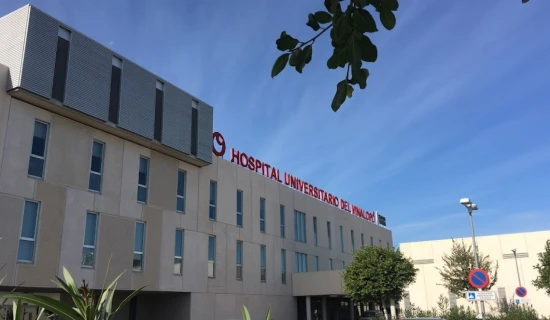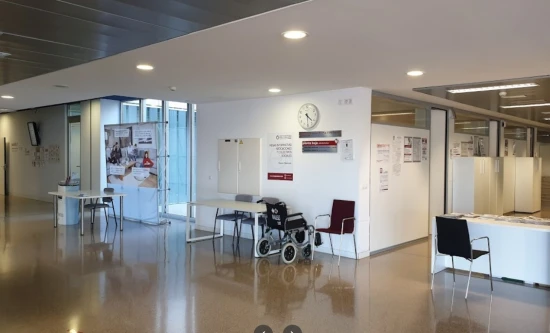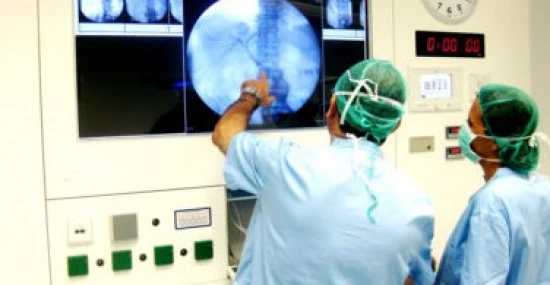from Ricardo Lozano
November 20, 2023
Terrible facilities, the room we paid for without heating, the chair old and hard, the recliner broken... a 29-inch television located almost on the ceiling of the room.
Not to mention that those who visited us had to wait on the street because their waiting areas do not know who they are designated for... a complete mistake to have chosen this hospital to give birth to my daughter.
from Selene Delgado
November 07, 2023
The doctor is excellent, but the security personnel are disgusting, zero common sense, they treat you as if you were begging them for alms, at 8pm my sister arrived to greet my husband, but my brother-in-law was there and as he was leaving I went down to wait with her, my idea was to wait in the entrance room, which by the way was empty, and they didn't let us, they told us we had to wait outside, the truth is, that had never happened to me in a private clinic 😡 the security people were very rude
from Mónica
October 27, 2023
TERRIBLE SERVICE from the guards, they have ZERO empathy, AGREE in all areas, because before going I contacted them to see if they would let me in, the nurse said no problem, to mention that it is on the second floor in the short stay When the security personnel arrived, they asked me and I told them where I was going. They asked me for the name of the patient and when I told them they started searching and told me in an annoyed tone: “IT'S NOT TRUE.” A tall lady with glasses who was sitting there started rude to tell me that there was only for pregnant women, so I dialed to confirm and the RUDE lady started telling the other guards not to let me in because there was another person there that I was talking to, they really treat you like If you were committing a crime, instead of having empathy, the lady who works there is super rude, YOU KNOW WHO SHE IS because they told me that "THIS IS SHE WAS" I mean, she has several complaints, I told them that they had told me that it was possible, that I would not have gone there without asking, and they would not let me in, and they told me that the nurses and doctors DID NOT HAVE A VOICE OR VOTE, that they should dedicate themselves to their own thing, I asked them to file a formal COMPLAINT or at least a suggestion and With a mocking tone they told me: THESE ARE NOT HOURS and they passed me on to the admission card, for what? If she is the same, she told me that the only ones who had “the power” were the guards and that if they said no, it was NO, so I told her that my annoyance was that I asked if it was possible to enter, before going, and that right there they asked and told me that if the corresponding area and that I had not driven there for this to happen, she told me that she could not do anything, so AGREE IN ALL THE AREAS, so I returned and They marked me again, the nurse said to let me in, OF COURSE YOU COULD, and I told the RUDE guard again along with that lady, and another man arrived and they asked him if it was possible? And he told them yes, to let me pass... COULD NOT? They really have more empathetic and kind staff, because it is a paying hospital, and one does not go there to be treated that way, learn to have adequate service and have a complaints and suggestions department so that they can see all their areas of opportunity and improve them, do not be mediocre and stay with the complaint “that in the end nothing happens” but of course what happens, because voice in voice is the most powerful…. As for the nurses, my respects, but the guards, who are the INITIAL image of the hospital, leave you wanting to burn the bad service they have EVERYWHERE... Don't go to that hospital, there are more expensive hospitals, of better quality and you will They treat you with a lot of kindness and empathy, just like places like the IMSS where the guards have more empathy than there, not like CHRISTUS MUGUERZA, they look like police officers dealing with criminals... DISGUSTING guard staff... PS: Isn't it that you couldn't enter? I am writing this from their short stay on the second floor… INCOMPETENT
